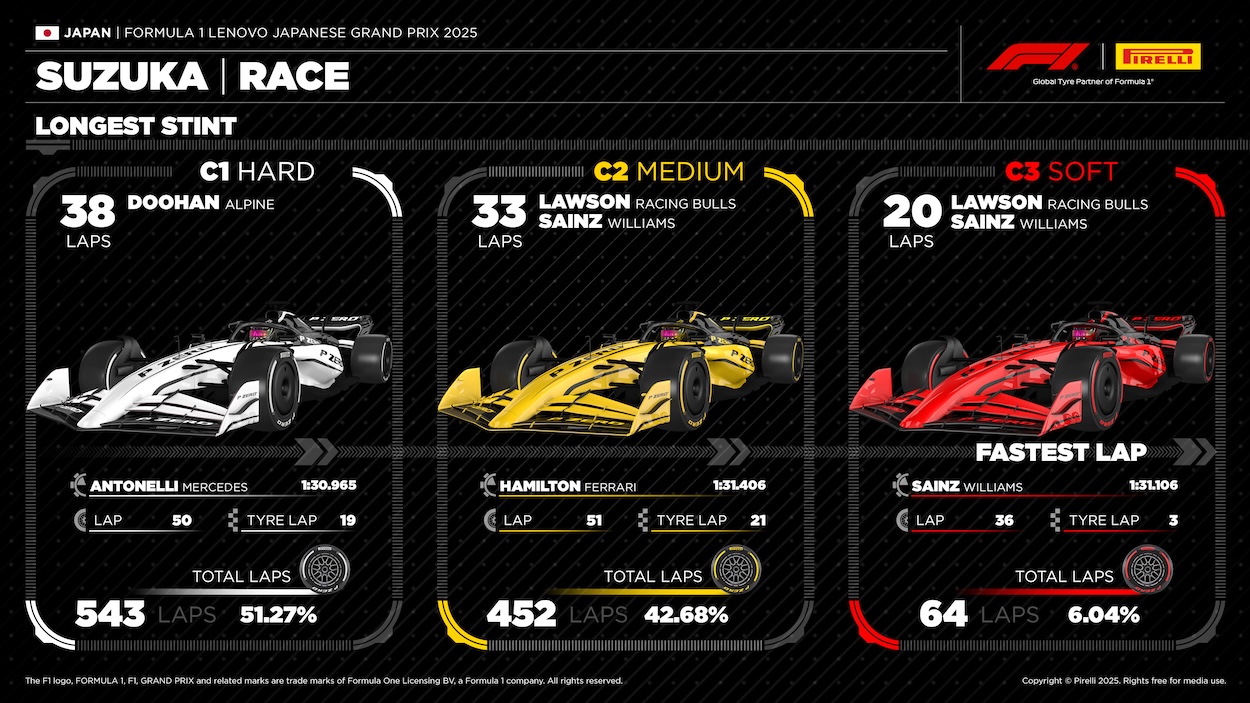The digital entertainment landscape has seen a fascinating new trend: short replays of triumphant moments becoming media units in their own right. Whether it’s a breathtaking race finish in motorsports or a massive win in a legal online casino, these clips capture the raw, unfiltered rush of victory.
Platforms like Jackpot Sounds are leading the way by aggregating real-win replays from legal online casinos in the United States, presenting them like race highlights that encapsulate the thrill of competition.
In this article, we’ll explore how the emotional dynamics of motorsport victories parallel the excitement of major casino wins and why these triumphant moments have carved out a niche as standalone content.
The Rise of Triumph as Media Content
Content capturing the most intense, victorious moments thrives in the digital age. In motorsports, viewers are drawn to the final seconds of a race where the outcome hangs in the balance.











